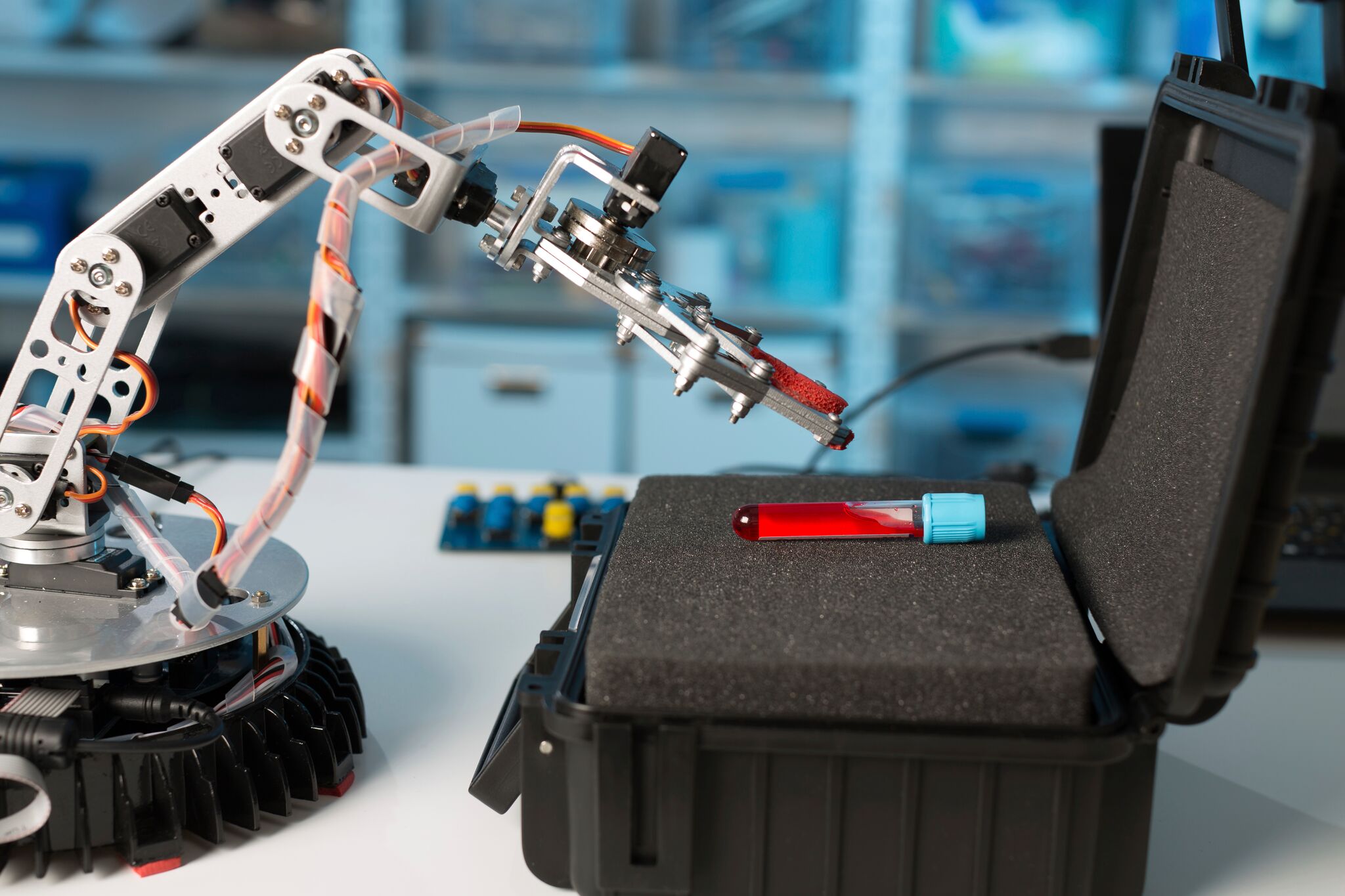
While it’s easy to get swept up in the hype surrounding an emerging development such as AI in healthcare, the reality tends to be less dramatic or revolutionary than headlines suggest.
For example, a recent article at ScienceBusiness, a news forum that looks at the nexus between emerging technologies and the businesses tapping into them, takes a look around both Europe and the United States and finds that, yes, AI is steadily coming on-line across the healthcare sector, but growing pains abound.
Piotr Krakewski, for instance, is a Polish tech entrepreneur who co-founded a company in 2017 that develops deep learning image recognition technology for diagnosing and staging cancers and planning treatment.
He was motivated in large part by his nephew’s diagnosis with brain cancer, but while his company has developed algorithms that can interpret medical images from microscopes, magnetic resonance imaging and positron emission tomography scans, faster and better than humans, Krajewski has found providers slow to pick it up.
“The pathologists trust their microscopes and they feel they don’t have enough time to learn how to work with new technology,” he noted. “In many cases, pathologists aren’t even working with electronic images yet.”
A related problem for initiatives like Krajewski’s is that the data on which algorithms are built and trained is hard to come by.
“(G)etting access to patient information in a sector that still relies on hand scribbled notes is rarely straightforward for companies,” the article explains. “Hospitals are worried about liability and feel compelled to keep patient data out of reach. If researchers or companies get permission to use data, it needs to be anonymized.”
Moreover, data sets from Europe are relatively small, both because the average hospital is smaller and because regulations make it difficult to pool data from multiple facilities.
“Without standardized care, or access to large enough databases, there is a limit to how good AI software can become,” observed Sun Yipeng, director of the European HQ of Beijing’s Infervision Technology. The Chinese company opened an office in Germany last year and has installed an incidental lung cancer finding system at the University Medical Centre in Mainz, where the aim is to screen at-risk people, including smokers, in an attempt to detect tumors at an early stage, when they are more likely to respond to therapy.
Still, Sun sees potential for his company’s tools to make up for a shortage of radiologists across Europe as whole. “Without specialists, general practitioners with limited time on their hands, because they have family clinics to run, are the ones who have to read the X-rays,” said Sun.
AI can “relieve doctors from repetitive, time-consuming tasks which drain their attention. The technology doesn’t have to out-perform GPs, it just has to deliver on a similar level,” Sun said.
The complexity of handling patient data to bring AI into use in healthcare, “means we’re on a long journey,” said Krajewski. “The market is not really ready everywhere for AI. We’re on a hard, risky path, but what we’re doing is really needed.”


